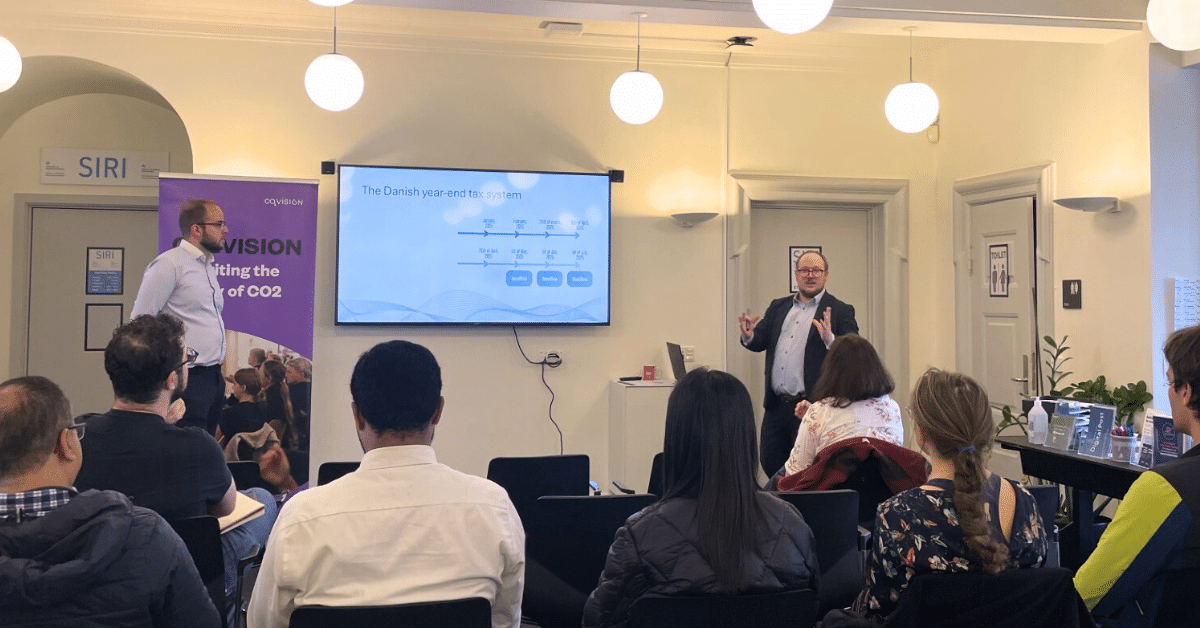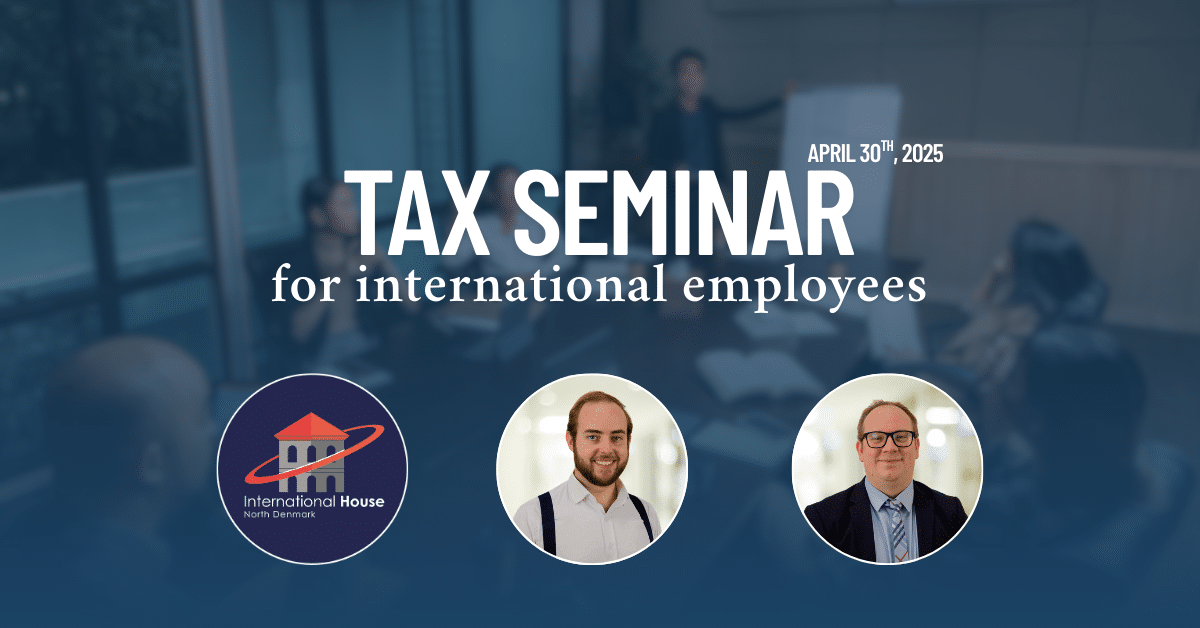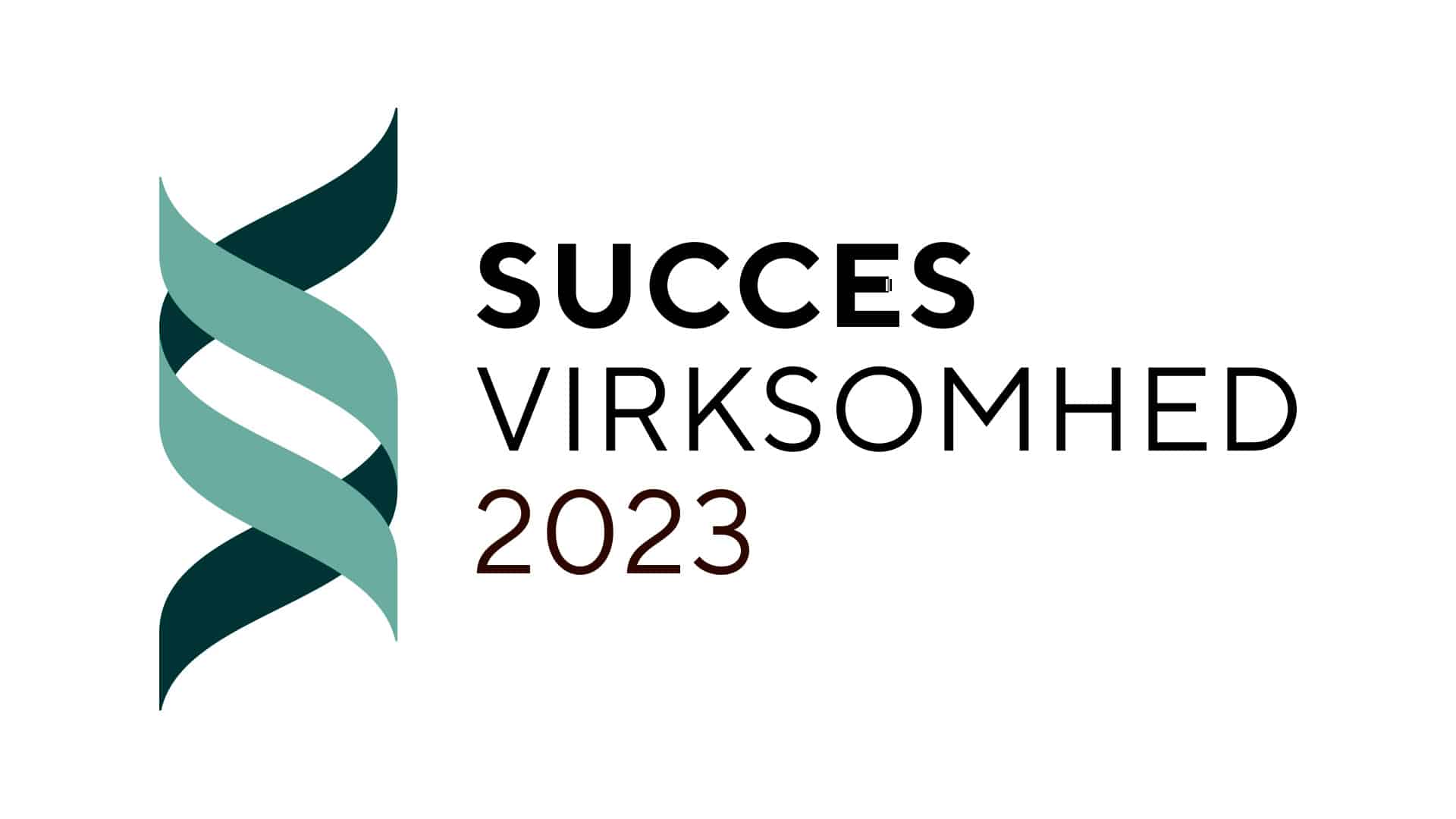Key Changes for Commuters and Employers
The revised agreement promises fewer administrative hurdles, aligning taxation rules for public sector employees with those in the private sector. This change will eliminate the need for public employees to split their tax declarations between Denmark and Sweden, a process that has been described as unnecessarily cumbersome.
Impact on the Labor Market
Approximately 17,000 individuals commute from Sweden to Denmark, and about 1,400 from Denmark to Sweden annually. The agreement is expected to bolster mobility for these commuters, while companies benefit from a broader pool of skilled workers.
Danish Tax Minister Jeppe Bruus expressed satisfaction with the agreement, highlighting its potential to simplify rules and facilitate easier navigation for commuters and employers. He also emphasised the importance of the commuters’ contributions to Denmark’s labour needs.
More details on the changes brought by the revised Øresund Agreement (Danish text).
Read more about The Øresund Agreement.
Counting 12 months instead of 3
In the current agreement, an individual who lives in one country, but works in the other country, will be taxed on all salary in the working country, if the work is performed there for more than 50 % in any given three months period.
The work performed in the home country should be performed from the individual’s home or should be of a sporadic nature and the cost cannot be attributed to an employer or permanent establishment in the home country.
Work performed in a third country should similarly also be of a sporadic nature.
From 2025 the period of three months will be extended to twelve months. The intention of this is to make it more flexible for the employee and employer to plan the work.
Public sector employees
Previously, and until the end of 2024, public sector employees faced different taxation rules for remote work compared to private sector employees, leading to administrative complexities.
The revised agreement harmonises these rules, ensuring that public sector employees are now subject to the same taxation rules as their private sector counterparts.
This means that work from home, as a public sector employee, will not be taxable in the home country if the requirements are otherwise met. They will thereby have a similar situation as the private sector employees.
Pension taxation
Another significant change addresses the taxation of returns on Danish pension schemes.
Under the current rules, only residents of Denmark are taxed on the returns of their Danish pension schemes. This has created discrepancies where Danish workers living in Sweden were not taxed on these returns, unlike their colleagues residing in Denmark. The revised agreement ensures uniform taxation rules, allowing Denmark to tax the returns on Danish pension schemes for individuals residing in Sweden.
Withholding and reporting
If an employer has an employee, who will be comprised by the agreement and the income is expected to be fully taxed only in the state of the employer, there will not be a requirement to perform withholding in the other state.
However, there will still be requirements to report the income and withhold taxes, and in Denmark the requirement to include the (Swedish) TIN along with the CPR-number will still be present.
From 2025 and onwards (and a bit before)
These updates will come into effect in 2025.
The period of 12 months should be considered from the 1st of January 2025 and onwards. This means that to be able to qualify for the new agreement, employees must work for more than the 12 months and with more than 50 % in the other state.
We would expect that all individuals will be required to work the entire 2025 under the agreement to be re-enrolled, but we are monitoring the development.
For individuals that are comprised by the agreement in 2024, they should be careful on how the beginning of 2025 in planned as the flexibility potentially will change the tax position, if less work is carried out in the other state at the beginning of 2025, which will impact the end of 2024.
The ability to void the reporting in the other state has a different clause of coming into effect. There is a possibility that it may come into effect before 2025, but the assessment of the agreement must be made based on the new terms despite it not being in effect.
What now?
We are still awaiting that the new agreement will be confirmed to come into force. However, employers and employees can already now start to consider how they should plan their work pattern – baring in mind that the first quarter of 2025 can be critical as it may not boast the flexibility as promised.
We, naturally, remain at your service in planning and executing the above. Book a meeting with one of our consultants to learn more!
Read more about The Øresund Agreement.








